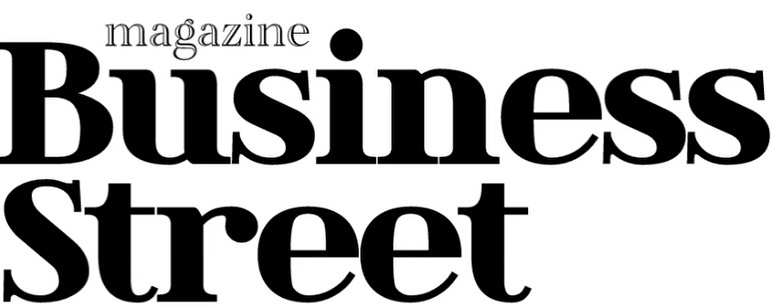Apple Inc. and OpenAI have been ordered to face a lawsuit filed by Elon Musk’s companies, X Corp. and xAI, after a U.S. federal judge denied their motion to dismiss. The ruling moves the case into a substantive phase in which the court may demand insight into internal development processes, licensing structures and competitive effects within the AI ecosystem.
Musk alleges that Apple and OpenAI engage in unfair competitive practices through technical integrations and contractual arrangements that disadvantage other market players. The complaint also challenges whether Apple’s use of OpenAI technology aligns with transparent licensing and competition rules. Both companies reject the accusations.
For the global tech industry, the case arrives at a pivotal moment: AI platforms are becoming core infrastructure, regulators are tightening oversight, and corporate alliances are increasingly scrutinized for potential market-distorting effects. Investors are watching closely, as the case could influence product roadmaps, platform governance, and the future of AI-partnership models.
The outcome may also shape expectations in Europe. If U.S. courts define clearer boundaries for cooperation between platform owners and AI developers, similar standards could spill over into EU competition law and digital-market regulation.
SK
